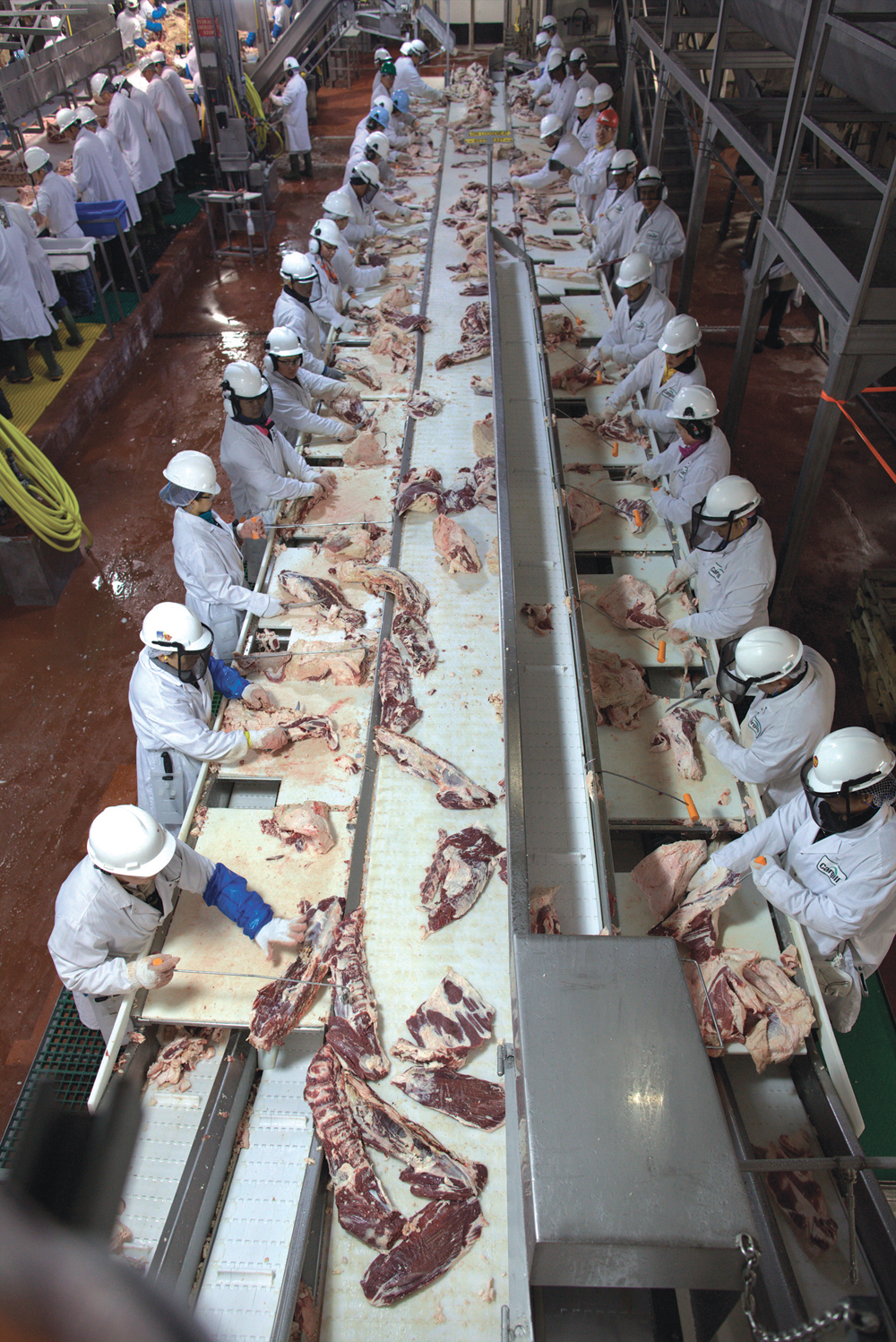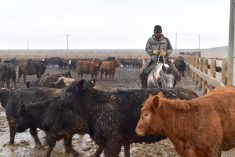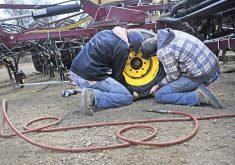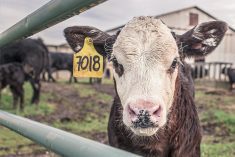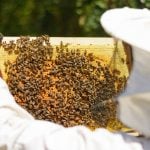The new Liberal government has vowed to fix the broken federal temporary foreign worker program for Canada’s beleaguered meat processors — but that may not be enough.
Despite “endless” domestic recruitment and a seven per cent unemployment rate in Canada, the country’s meat industry is still short about 1,000 workers.
And the situation “just gets worse and worse,” an official with the Canadian Meat Council told attendees at the recent Ag Labour Summit.

“We’re not going to be able to sustain long term a competitive meat industry if we can’t have workers to fill our plants or on our farms where livestock is being produced,” said Ron Davidson, the council’s director of international trade, government, and media relations.
“We’ve got two new trade deals out there, which hopefully will open substantial new markets. But we don’t have the workers to take advantage of that.”
Liberal Party of Canada president Anna Gainey sent a letter to the council prior to the election promising to “fix the program.”
“We need accurate labour market data, clear rules, strong enforcement, and a credible pathway to citizenship for foreign workers,” Gainey stated in the letter.
Read Also
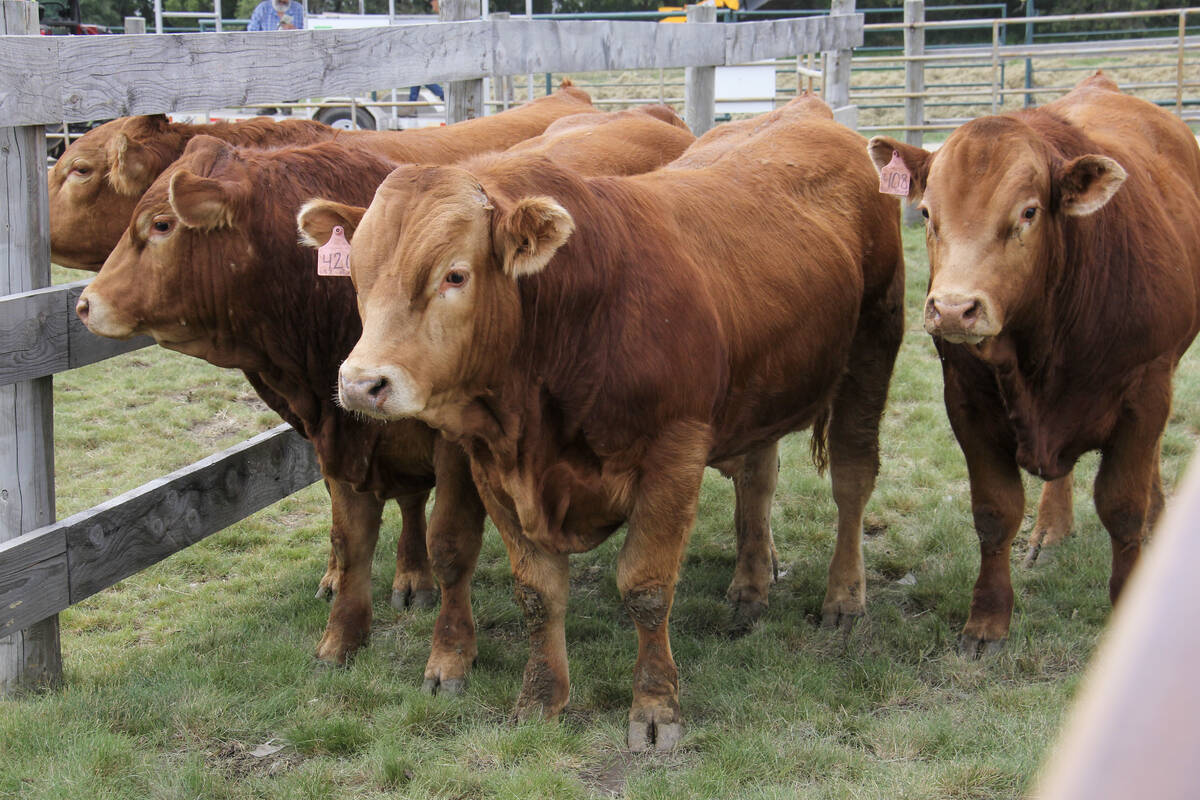
Saskatchewan Cattle Association demands halt to traceability amendments
SCA demands stop to traceability amendments and immediate CFIA reform, citing lost trust and need to move oversight to agriculture.
But it’s not just the program that’s an issue, but also the public’s perception of it, said Davidson.
“After three decades in Ottawa — mostly inside government — I know that taking something like that and turning it into a program that they can sell is a challenge,” said the former senior civil servant with Agriculture and Agri-Food Canada and other federal departments.
“We have to tell them what we want and we have to give them the information to justify it.”
There’s “a solid 80 per cent public animosity” towards the temporary foreign worker program, and Canadians are skeptical about whether it’s really needed, he said.
“We continue to be told, ‘If you recruit harder and pay more, you’re going to get all the workers you want,’” said Davidson. “People have a hard time understanding how you can have a worker shortage if there’s all these unemployed Canadians out there.
“We know there are many unemployed Canadians. The problem is trying to recruit them.”
- More on the Alberta Farmer: Foreign worker program a paperwork jungle
And recent changes to the program — including hiring caps of 20 per cent of a company’s workforce (which will drop to 10 per cent next year), increased fees, and decreased work terms — have made it harder to hire temporary foreign workers.
“We still do not have a pathway that’s working as well as we need it to, to get workers into the industry,” said Davidson. “We took a program that wasn’t designed for full-time openings and started using it. We’re caught in this program, and we’re certainly feeling the impact.”
And while meat packers and processors are on the front line of this battle, livestock producers are paying a price, too, he said.
“I don’t care if you’re a producer, a processor, a worker, or a consumer — everyone loses under the current program when you have empty workstations in the plants,” said Davidson. “It doesn’t matter where you are in the value chain. If you’ve got a link in that chain that’s not functioning properly, we’re all hurting.”
One example is offal. There are strong markets, particularly in Asia, for liver, tongue, tripe and other organ meats but the worker shortage means plants aren’t able to collect offal.
“Instead of going into South Korea or China as exports with value in them, they were going into rendering. That is not a winning formula for a sustainable industry,” he said. “We’re supposed to be doing value added and product innovation, and this reduces those. We want investment in Canada, and this reduces investment in Canada and quite frankly transfers it overseas.”
That makes it critical for the meat industry to convince both the new government and the Canadian public that it is “hiring everybody we can domestically.”
“We just have to work with them to make it palatable and explain it to the media and the public.”

